#for context: i live in the south!
Text
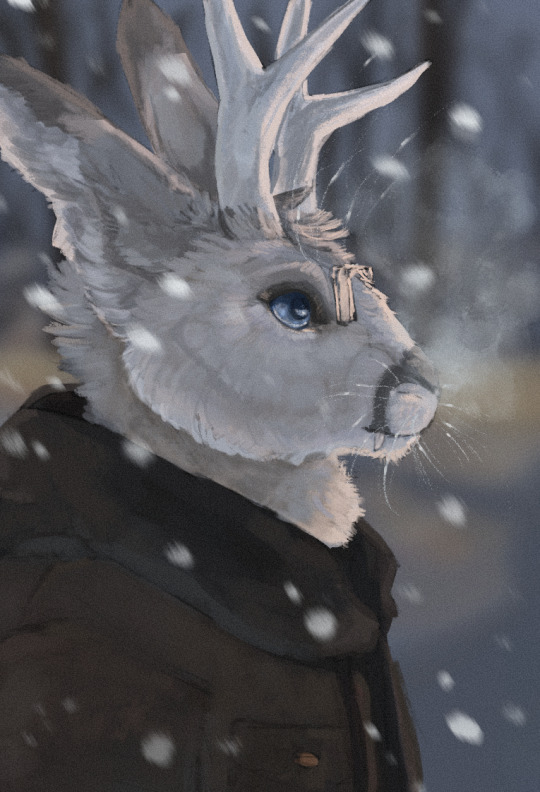
wimter
#art#artwork#oc#artist#furry#fursona#furry oc#rabbit#hare#jackalope#oc: mullein#it is. very cold!#for context: i live in the south!#my driveway has been frozen over for a week!#i live on a hill! i cannot leave!
74 notes
·
View notes
Text
i know I've mentioned my interpretation of mizu's gender a million times on here but i don't think i ever fully elaborated on it.
so on that note i just wanna ramble about that for a bit. basically, it's my reading of the show that mizu is nonbinary, so let me dig into that.
putting the rest under the cut because it ended being pretty long lol. also here have a cute mizu pic of her being happy and most at ease with herself, symbolised by her letting her hair down. <3 ok let's proceed.
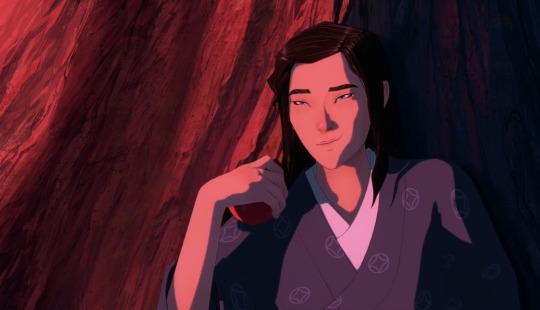
okay note that nonbinary is an umbrella term, and applies to a vast range of gender identities, but it's my personal preference to use it as is, simply because i'm not a fan of microlabels. more power to you if you are though, but anyway.
essentially when i refer to mizu as nonbinary it means that i interpret mizu as a woman, but not ONLY a woman. not strictly a woman. she is also a man. she is also neither of these things, she is something in between, while at the same time she is none of these at all. i've said as much many times, but i just don't want people to think that by nonbinary it inherently means a "third androgynous gender" that essentially turns the gender binary into a gender trinary. not only is that going against what the term nonbinary was crafted for (to go against rigid boxes and categorisation of gender identities), but also, not all nonbinary people fall under that category or definition, and that's definitely not the way i interpret mizu.
also, before anyone fights me on this, let me clarify further that gender means something different to everyone. it's not your biological sex or physical characteristics. but at the same time, gender is not mere presentation. you can be a trans woman and still present masculine—either because you're closeted and forced to, or because you just want to—and either way, that doesn't take away from your identity as a woman. same goes for trans men. if you're a trans man but you wear skirts and don't bind or don't get top surgery, that doesn't make you any less of a man. because gender non-conformity exists, and does not only apply to cis people! some lesbians are nonbinary and prefer using he/him pronouns while dressing masculinely, but that doesn't mean they're a man, or that they're any less of a lesbian. neither does this mean that they're a cis woman.
the thing about queer identities in general is that, like i said, they mean something different to everyone, because how you identify—regardless of your biological attributes and fashion or pronouns—is an extremely personal experience. so a nonbinary person and a gnc cis woman's experiences might have plenty of overlap, but what distinguishes between the two is up to the individual. there's no set requirements to distinguish you as one or the other, but it's up to you to decide what you identify as, based on what you feel. either way, by simply identifying yourself as anything under the LGBTQ+ umbrella, you are already communicating to the world that you are not what a conservative, cisheteronormative society wants you to be.
which is why i find all this queer infighting on labels to be so ridiculous. because we're all fighting the same fight; the common enemy is a societal structure that divides us into set roles and expectations purely based on our biological parts. that's why biological essentialism in the queer community is a fucking disease. because by arguing that women are inherently weak and fragile and soft and gentle and must be protected from evil ugly men, while men are inherently strong and angry and violent and exploitative of women, these people are advocating for the same fucked up system that marginalises and abuses women as well as effeminate and/or gay men.
anyway. i'm going on a tangent. this was meant to be a blue eye samurai post. so yeah back to that— the point i'm trying to make is that there's no one way to identify as anything, and everyone views gender in a specific way.
so with that being said, yes you can definitely interpret mizu as a gnc cis woman and that's a totally valid reading. however, interpreting her as nonbinary or transmasc also doesn't take away from her experiences with misogyny and female oppression, because nonbinary and transmasc folks also experience these things.
me, personally, i view her as nonbinary but not necessarily or always transmasc because i still believe femininity and womanhood is an inherent part of who mizu is. for example, from what we've seen, she does not like binding. it does not give her gender euphoria, but is instead very uncomfortable for her both physically and mentally, and represents her suppressing her true self. which is why when she "invites the whole" of herself, she stands completely bare in front of the fire, breasts unbound and hair untied. when she is on the ship heading to a new land in the ending scene, she is no longer hiding her neck and the lack of an adam's apple. we can thus infer that mizu does not have body dysmorphia. she is, in fact, comfortable in her body, and relies on it extremely, because her body is a weapon. instead, what mizu hates about herself is her face—her blue eyes. she hates herself for her hybridised identity, hates herself for being a racial Other. hates that she has no home in her homeland. these are not queer or feminist themes, but postcolonial ones.*
* and as a tiny aside on this subject, i really do wish more of the fandom discussion would talk about this more. it's just such an essential part to reading her character. like someone who's read homi k bhabha's location of culture and has watched this show, PLEASE talk to me so we can ramble all about how the show is all about home and alienation from community. please. okay anyway—
nevertheless, queer and feminist themes (which are not mutually exclusive by the way!) are still prevalent in her story, though they are not the main issue that she is struggling with. but she does struggle with it to some extent, and we see this especially during her marriage with mikio, where we see her struggle in women's domestic spaces.
on the other hand, though, she finds no trouble or discomfort in being a man or being around other men—even naked ones—and does not seem stifled by living as one, does not seem all that bothered or uncomfortable navigating through men's spaces. contrast this to something like disney's mulan (1998), where we do see mulan struggle in navigating through men's spaces, as she feels uncomfortable being around so many men, always feeling like she doesn't belong and that she's inherently different from them. mizu has no such experiences like this, as her very personality and approach to life is what can be categorised as typically "masculine". she is straightforward and blunt. her first meeting with mikio, she tells him straight to his face that he's old while frowning and raising a brow at him. she approaches problems with her muscles and fists (or swords), rather than with her words or mind. compare this with mulan, who, while well-trained by the end of the movie, still uses her sharp wits rather than brute strength. this is a typically "feminine" approach. it's also the approach akemi relies on throughout the show—through her intelligence and persuasive tongue, she navigates the brothel with ease. mizu, in contrast to someone like mulan and akemi, struggles with womanhood and femininity, and feels detached from it.
thus, in my opinion, mizu is not simply a man, nor is she simply a woman. she is both. man and woman. masculine and feminine. she has to accept both, rather than suppress one or the other. her name means water. fluid.
as a side note, while i do believe mizu is nonbinary, i also primarily use she/her pronouns but this is a personal preference. i find it's easier, plus it's what the creators use, and because, in general, being nonbinary simply doesn't necessitate the use of they/them pronouns. nonbinary is not just a third gender. it's about breaking the binary, in any which way, and that's exactly what mizu does.
also, i'd also like to mention that one of show's head of story even referred to her with the term "nonbinary", rather than simply "androgynous" (see pic below). and it's possible this could be a slip up on his part, in which he believes the terms are interchangeable (they're not btw), but regardless i find it a very interesting word choice, and one that supports my stance.
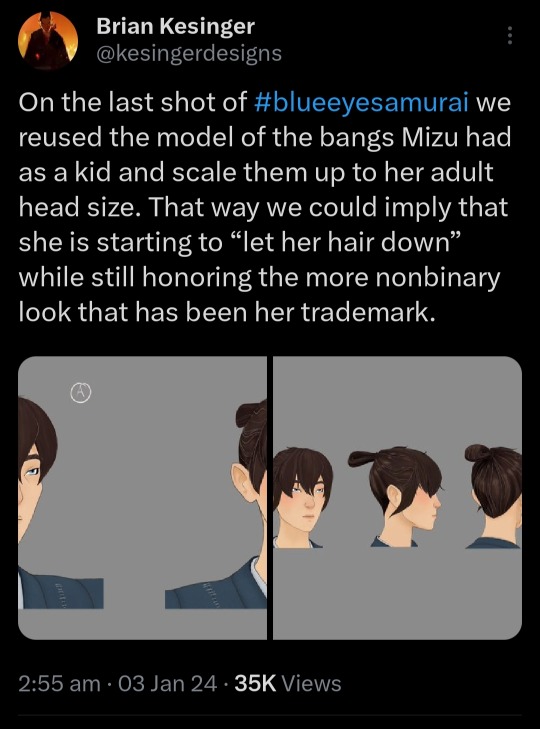
so anyway yeah that's my incredibly long rambling post.
TL;DR nonbinary mizu rights 👍🏻👍🏻👍🏻 congrats if you reached the end of this btw. also ily. unless you're a TERF in which case fuck off. ok i'm done.
#mizu blue eye samurai#mizu bes#blue eye samurai#blue eye samurai meta#sorry if this is redundant btw i just cant stop thinking thoughts :3#btw i am a mixed* southeast asian who is also nonbinary. just in case that's important context#by mixed* i mean i'm asian+asian but diff ethnicities lol. i dont have a white bone in my body god bless<3#my whiteness is purely learned thru cultural osmosis + bcs my parents taught me english as a first language (boooo 🍅🍅🍅)#also i live in the global south so i think EYE know a thing or two about being gnc in a society of rigid awful gender roles‼️#so likeee i think its ridiculous that its an either-or thing#mizu can be nonbinary while still being a woman of colour ¯\_(ツ)_/¯#also ummm as much as i love queer themes and gay people i wish people would talk more about the racial otherness / community aspect#as mentioned in the post above#you don't need to read bhabha's whole book btw but just take a look at some of his ideas and you'll get what im talking about#like the fact that the fandom mostly ignores those themes in the story makes me feel like :( :/#cuz to me THATS the thing that spoke to me most and its a shame that its just not talked about enough#i mean i know why thats likely the case. but still.#whoops im rambling again 🤪#fandom.rtf#shut up haydar#meta dissertations.pdf
62 notes
·
View notes
Text
Now adding "there is snow every holiday season" to my scripts because thERE'S NO SNOW WHERE IS IT
#for context I live a few hours south of the US-Canadian border#so I'm very used to cold weather#this is the first Christmas season ever where there wasn't any snow and I hated it#shiftblr#reality shifting#reality shift#shifting#shifting realities#shifting to desired reality#shifting script
54 notes
·
View notes
Text
Video description: a large concrete block is lowered by crane to stand next to three similar though more weathered blocks. Two construction workers manipulate the block into place as it is lowered. Many people watch. End description.
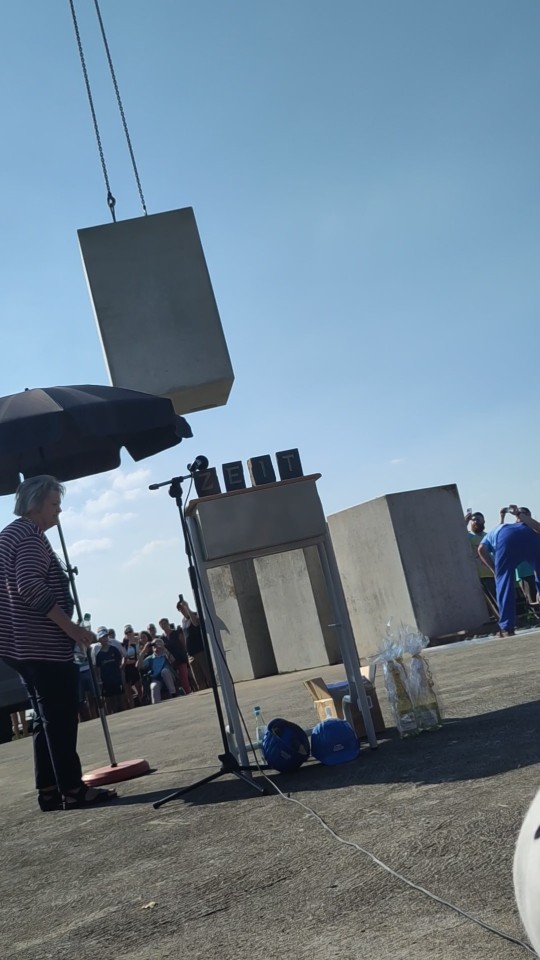
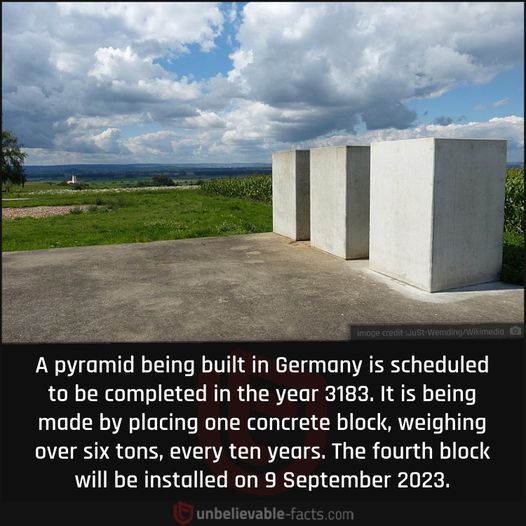
FOURTH BLOCK!!!
#time pyramid#zeitpyramide#i don't know what the audio is but its probs just random German chatter#monstrous agonies#im tagging you cause i think theres some long lived or time funky genuses that would like this art piece#why did i not get a picturewhen it was fully done im silly#this is for sure not the only reason i came to south germany i swear#im very lucktly that my partner knows people who live around here#'around here' like a 2hr drive oops#was funky but way too hot out#included the interesting facts type pic for context
9 notes
·
View notes
Text
learning chinese like
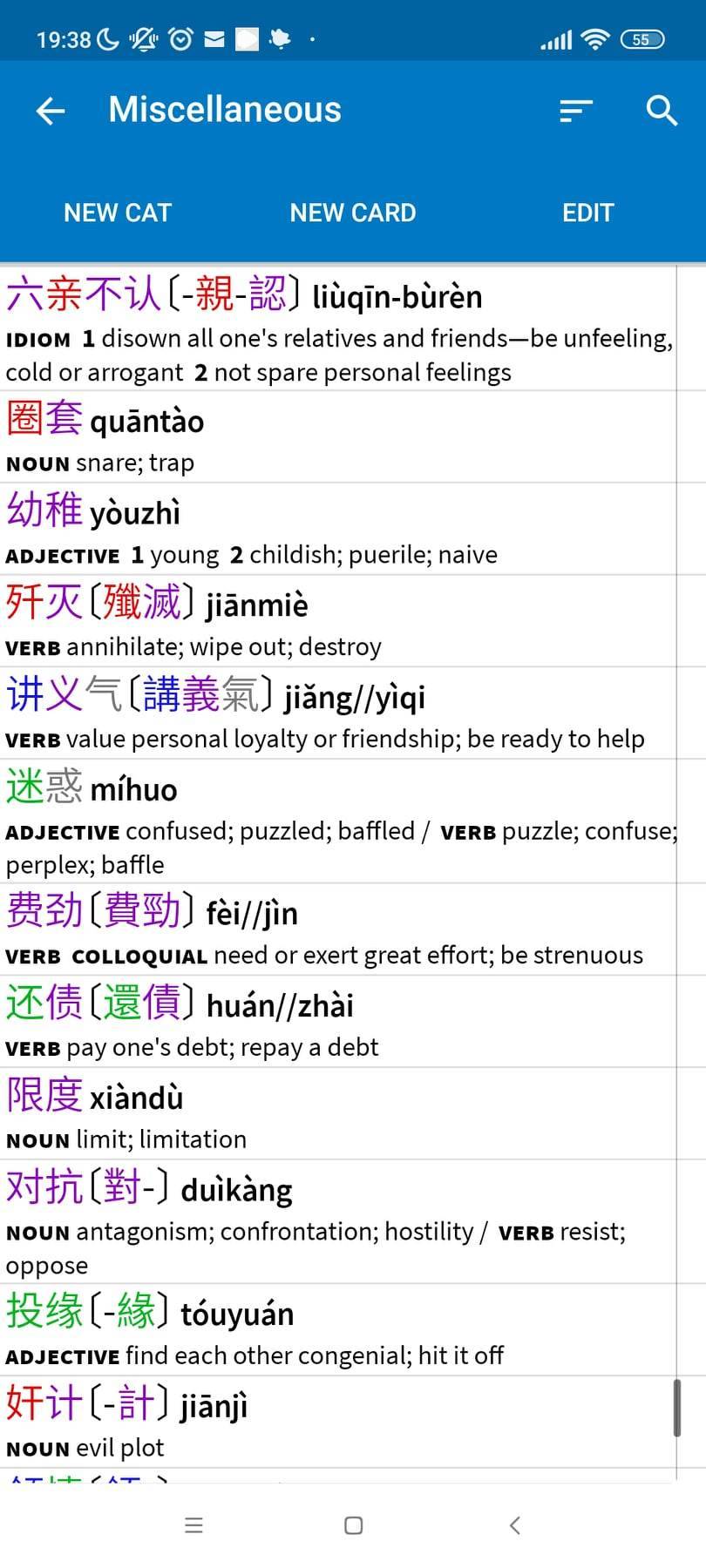
and then learning scottish gaelic like
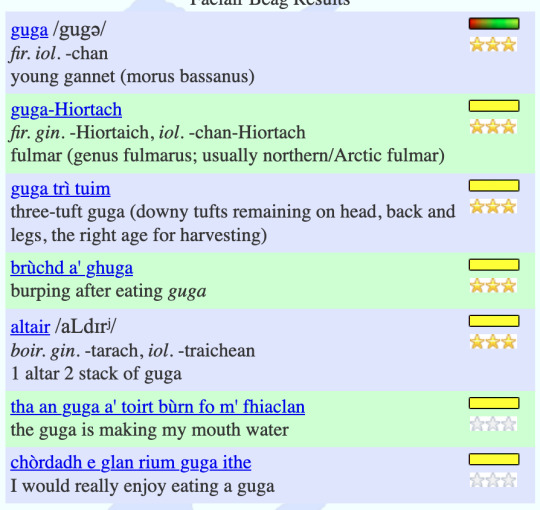
this word guga ‘young gannet’ is on lesson 3 of duolingo. if there is any better way to exemplify the difference between these languages than these two screenshots, I’ll wait
#chinese#gaelic#scottish gaelic#on a more serious note however#the deep sense of ROOTED in place that gaelic has#of knowing - yes I know what a gannet is!#I've seen them! I know where they live and nest and I know the sound of their cry!!#and knowing too all that happened to make this language nearly extinct and that it may still die yet#and still I'm here. lying on my side at 10pm in South Korea across the other side of the world#looking at a tiny electronic box and learning on an app#the word for a young wild bird#and the harsh beauty of the cliffs#I'm thinking about that post that talks about how learning a - I can't say indigenous#because it doesn't mean quite the same thing in a European context#but learning a minority local oppressed language and the way it may have of talking about the hills#and that yes English has these words too (or used to) and yes I'm maybe over-romanticising#but I still feel a deep DEEP sense of kinship to my family who also loved the cliffs and the hills like I do#and maybe talked about them like this#I don't know
49 notes
·
View notes
Text

#tw eyecontact#oc#vonté#anyway context: My grandmother kicked me and my family out of her house in -1⁰ bc?? fuck knows!#It's fucking cold and I'm fucking freezing and I hate it here. She makes me regret hating myself so much. No wonder I feel like dying-#everytime she speaks. I know -1 probably isn't that cold; but we're from the swealting south and I'm used to the humid heat!#Kicking us out after it fucking snowed and everything is frozen into an uninsulated storage building we're living out of just feels stupid!#We fucking pay her bills and for her food; me; my mother; and step-dad work our fucking asses off to support a bitch that won't support us-#with basic shit might I add. Not allowed to eat; not allowed to shower;#not allowing even the heat we pay for when freezing outside!#Goddamn! I hate her. I'm cold and shivering. my siblings are too. This is shit it's bullshit I am going to scream#sona#vent art
7 notes
·
View notes
Text
#i just finished reading elliot page's memoir (slightly.. disappointed. sigh. anyway!) and now i don't know what to read next#if you vote purely based on title alone that's also more than fine <3#but for a bit of context on all of them#yellowface: literary fiction dealing with themes of cultural appropriation in the publishing industry#monstrilio: grieving mother cuts up her dead son's lung which grows to become a carnivorous sentient being resembling her son#whale: the lives of three women living in rural south korea apparently satirical magical realist heavy use of cultural imagery etc.#i >will< read all of them i just need help deciding which one i should read first
3 notes
·
View notes
Text
I was re-reading The Colour out of Space again recently, and Lovecraft’s racism/classism/xenophobia shows up very little in that story, which is nice, but there is this one line that made me laugh a lot, actually:
Then the stronger-minded folk all left the region, and only the foreigners tried to live in the crumbling old homesteads. They could not stay, though; and one sometimes wonders what insight beyond ours their wild, weird stores of whispered magic have given them.
Because he’s talking about French-Canadians here.
WHAT DARK SECRETS COULD BE KNOWN TO THE QUEBECOIS??!
Also the thing he’s exoticizing them for is… having folklore and folktales. And, like, every culture does that. English people have folklore and folktales. New England people must have folklore and folktales, right? Or did Howard the Lovescraft somehow manage to grow up in a place with the cultural background of a raw potato?
#ava has thoughts#Tw caps#Context for why I find this so amusing: I’m Canadian#I’m not French Canadian but it’s still very funny to see one of my country’s largest cultural groups get treated this way#Howard lived 700 kilometres south of Quebec. Him acting them like they’re foreign and exotic is hilarious#My dude French Canadian central is like. Right above you.#lovecraft#the colour out of space
6 notes
·
View notes
Text
#tag whereabouts in europe too - how rural etc#for context#i live in a village in the south east of england and i hear church bells a lot#i really like it as well it feels very idyllic
5 notes
·
View notes
Text
whenever i see someone out with their tattoos fully on show im like WOAGH!!!!!!!! YEAS!!!!!!!!!!!!
2 notes
·
View notes
Text
i don't need cowboy boots i don't need cowboy boots i don't need cowboy boots i don't need cowboy boots i don't need cowboy boots i don't need cowboy boots i don't need cowboy boots i don't need cowboy boots i don't need cowboy boots i don't need cowboy boots i don't need cowboy boots i don't need cowboy boots i don't—
#ak.txt#for context i live in south america#these aren't common here#at least not in 'texan' style#we have our own cowboys but our culture is different#but i saw slash wearing one and kkhdkkjk he's my transition goals#i need to look like him#and now my fav national shoes store is selling texan style boots#WAHHHHHH
0 notes
Text
i love finding out how big this world is. my girlfriend has only visited boston a handful of times, but i grew up here. i told her we'd be going to do the tourist traps in salem, and she said - which salem?
to be fair to her, there are a lot of other states that have a town named "salem." and i think there's some evidence that the witch trials actually happened in what is now called Danvers. but the thing is - she thought "salem" was like, a made-up thing. there wasn't actually a salem, massachusetts - like there isn't a gotham city.
they don't talk about it that much where she grew up, is the thing! and this made me laugh. a week ago she was talking about her hometown and said something akin to "well the museum's kinda like the one in richmond," and i had to explain i still had no frame of reference for what the hell this museum was like.
i love finding out what knowledge i take for granted. i used to live with 5 other women. 3 of them were from south korea. they had to take, like, a solid fifteen minutes to explain their birthday system to my gay math-blind ass, laughing as they did.
that same month, our roommate from denmark taught me the danish word for wreath by accident - she'd been talking about decorations, used krans, and i'd been able to figure it out through context. i just picked it up and kept talking. our entire house used krans as the word. she came home and slammed the door one evening, mock-angry, shouting: you motherfuckers! it's a - a wreath!
and how often do you use certain words, anyway! i am cuban, so i was raised with certain spanish words sort of sprinkled in there; but never how you'd think. in middle school i asked someone to pass me the recogedor - in a completely american accent, like i was speaking english. i hadn't registered it as a spanish word. i mean, how often in school do you actually use the word "dustpan" - i'd only ever heard it in the context of cleaning my house.
there are places that you grew up that you, just, like, know. that you assume everyone knows. there are things and people and "common knowledge" that you have that, just, like. doesn't exist for me. i don't know what you call your public transportation system, but in boston we call it "the T". our train cards are called charlie cards because of a song where a father accidentally abandons his family, which was written because our system of transportation. in boston, most people would snort and say everyone knows that, kid.
i think you and i should go on a long walk - it's getting dark early these days and we need any sun we can manage. tell me about the first time you saw snow. tell me about the stuff everyone knows about your home. tell me about the cities "everyone's been to," about the food "everyone's already tried." who knows. maybe it will feel nice to you - watching someone learn about it for the very first time.
11K notes
·
View notes
Text
This article is from 2022, but it came up in the context of Palestine:
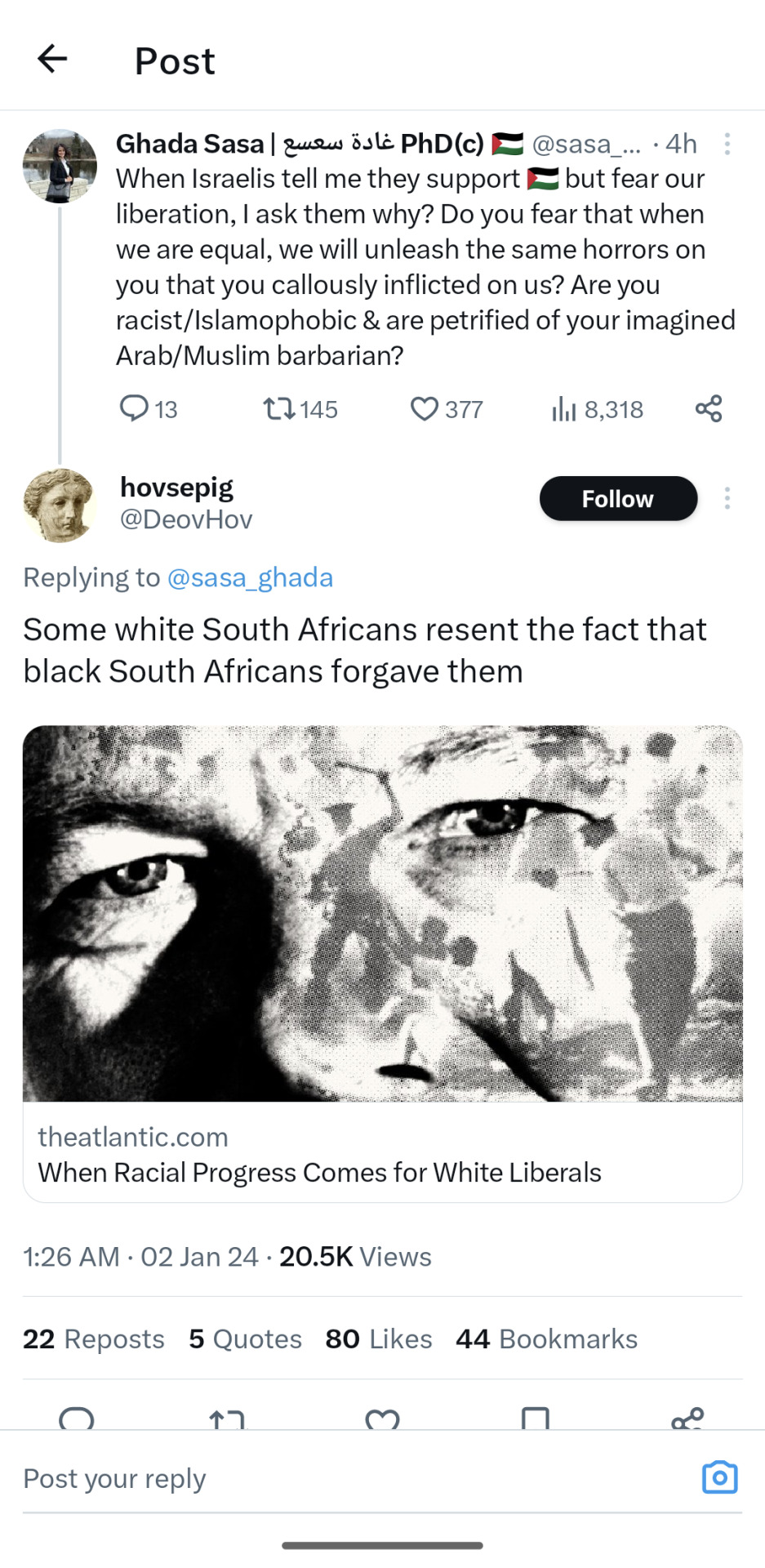
Here are some striking passages, relevant to all colonial aftermaths but certainly also to the forms we see Zionist reaction taking at the moment:
Over the decade I lived in South Africa, I became fascinated by this white minority [i.e. the whole white population post-apartheid as a minority in the country], particularly its members who considered themselves progressive. They reminded me of my liberal peers in America, who had an apparently self-assured enthusiasm about the coming of a so-called majority-minority nation. As with white South Africans who had celebrated the end of apartheid, their enthusiasm often belied, just beneath the surface, a striking degree of fear, bewilderment, disillusionment, and dread.
[...]
Yet these progressives’ response to the end of apartheid was ambivalent. Contemplating South Africa after apartheid, an Economist correspondent observed that “the lives of many whites exude sadness.” The phenomenon perplexed him. In so many ways, white life remained more or less untouched, or had even improved. Despite apartheid’s horrors—and the regime’s violence against those who worked to dismantle it—the ANC encouraged an attitude of forgiveness. It left statues of Afrikaner heroes standing and helped institute the Truth and Reconciliation Commission, which granted amnesty to some perpetrators of apartheid-era political crimes.
But as time wore on, even wealthy white South Africans began to radiate a degree of fear and frustration that did not match any simple economic analysis of their situation. A startling number of formerly anti-apartheid white people began to voice bitter criticisms of post-apartheid society. An Afrikaner poet who did prison time under apartheid for aiding the Black-liberation cause wrote an essay denouncing the new Black-led country as “a sewer of betrayed expectations and thievery, fear and unbridled greed.”
What accounted for this disillusionment? Many white South Africans told me that Black forgiveness felt like a slap on the face. By not acting toward you as you acted toward us, we’re showing you up, white South Africans seemed to hear. You’ll owe us a debt of gratitude forever.
The article goes on to discuss:
"Mau Mau anxiety," or the fear among whites of violent repercussions, and how this shows up in reported vs confirmed crime stats - possibly to the point of false memories of home invasion
A sense of irrelevance and alienation among this white population, leading to another anxiety: "do we still belong here?"
The sublimation of this anxiety into self-identification as a marginalized minority group, featuring such incredible statements as "I wanted to fight for Afrikaners, but I came to think of myself as a ‘liberal internationalist,’ not a white racist...I found such inspiration from the struggles of the Catalonians and the Basques. Even Tibet" and "[Martin Luther] King [Jr.] also fought for a people without much political representation … That’s why I consider him one of my most important forebears and heroes,” from a self-declared liberal environmentalist who also thinks Afrikaaners should take back government control because they are "naturally good" at governance
Some discussion of the dynamics underlying these reactions, particularly the fact that "admitting past sins seem[ed] to become harder even as they receded into history," and US parallels
And finally, in closing:
The Afrikaner journalist Rian Malan, who opposed apartheid, has written that, by most measures, its aftermath went better than almost any white person could have imagined. But, as with most white progressives, his experience of post-1994 South Africa has been complicated. [...]
He just couldn’t forgive Black people for forgiving him. Paradoxically, being left undisturbed served as an ever-present reminder of his guilt, of how wrongly he had treated his maid and other Black people under apartheid. “The Bible was right about a thing or two,” he wrote. “It is infinitely worse to receive than to give, especially if … the gift is mercy.”
13K notes
·
View notes
Text
whenever something good happens in this godforsaken country, or any other country in latam, there is always some dipshit saying something about how shamefull it is that the US is losing at progressiveness. I swear to god, people in the global north are so fucking condescendent. You people have not let go of the enlightenment's ideas of progress, as if everyone else is a buch of backwater people taht cannot possibly have complex thoughts about their lives and society.
Argentina has some of the best trans policies in the world, transfeminicide is typified in its law. Transfeminicide is also now typified in Mexico city's law, after the hard efforts of trans women who fought to get this done. The US and many countries in Europe don't even have feminicide typified, which Mexico and many otehr coutnries in Latam ahve had for years. People here organize and figth for their rights despite having to go against the goverment, the police, organized crime and the influence of the global north that actively works to stop progress in the global south for its own interests, often getting killed for it. Did you know Mexico is considered the most dangerous place to be a journalist? And yet people don't stop.
I have sat at meetings with different feminist organizations across Latin America and they are have very profound things to say about these topics in the context of living in wars, under imperialism, with a fragmented identity due to colonization, etc. There is very rich literature on all kinds of social problems that you guys don't know about because it's written in a language you don't speak and your academies have long looked down on. We don't have to learn from you or follow your example, we don't need you.
#us sociology looks down on latin american sociology because the us tends to have a more positivist approach to it#latam's has a way more constructivism approach with very robust literature that often gets ignored even when anglos shift their approach
6K notes
·
View notes
Text
Mustarjil is an Arabic term meaning “becoming [a] man.” Although it can be used derogatorily to refer to women who are perceived as having a masculine appearance and/or mannerisms, in Iraq’s marshes, it existed as a gender identity. Within the context of the Ahwari community, Mustarjil was a common gender identity, where people assigned female at birth decide to live as a man after puberty, and this decision was generally accepted in the community. The Mustarjils were one of many similar third gender categories around the world, such as the Hijras in South Asia. [...]
“One afternoon, some days after leaving Dibin, we arrived at a village on the mainland. The sheikh was away looking at his cultivations, but we were shown to his mudhif by a boy wearing a head-rope and cloak, with a dagger at his waist. He looked about fifteen and his beautiful face was made even more striking by two long braids of hair on either side. ln the past all the Madan (Ahwari) wore their hair like that, as the Bedu still did. After the boy had made us coffee and withdrawn, Amara asked, ‘Did you realize that was a mustarjil?’ I had vaguely heard of them, but had not met one before.
‘A mustarjil is born a woman’. ‘She cannot help that; but she has the heart of a man, so she lives like a man.’
‘Do men accept her?’
‘Certainly. We eat with her and she may sit in the mudhif. When she dies, we fire off our rifles to honour her. We never do that for a woman. In Majid’s village there is one who fought bravely in the war against Haji Sulaiman.’
‘Do they always wear their hair plaited?’
‘Usually they shave it off like men.’
‘Do mustarjils ever marry?’
‘No, they sleep with women as we do.’”
Thesiger continues to narrate several other accounts of mustarjils within the same community, as well that of a “stout middle-aged woman” who wanted to remove her male organ in order to “turn into a proper woman.” Thesiger later mentions: “Afterwards I often noticed the same [person] washing dishes on the river bank with the women. Accepted by them, [she] seemed quite at home. These people were kinder to [her] than we would have been in our society.” Around that time, Britain was still living under the shadow of Victorian norms, and gender non-normative people were still stigmatized and shunned. Communities such as the Ahwaris, presented an alternative model that created space for communities like the mustarjils, despite the dominant gender binary.
— Recovering Arab Trans History: Masoud El Amaratly, the Folk Music Icon from Iraq’s Marshes by Marwan Kaabour
7K notes
·
View notes
Text
Kyle's parts were bussin, but the portrayal of the royals left much room for improvement
#saw the whole thing instead of the few moments i saw live#got context#south park season 26#kyle broflovski
1 note
·
View note